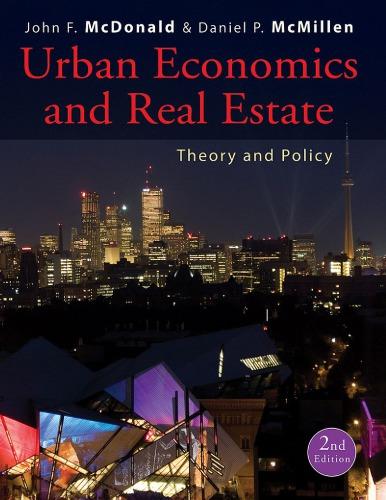Suppose that crimes are committed up to the point where the private marginal benefit of committing a
Question:
Suppose that crimes are committed up to the point where the private marginal benefit of committing a crime equals the private marginal cost:
B(N; Q) ¼ P(N) C;
where B is the marginal benefit of committing a crime, which is an increasing function of the number of people in the city, N, and a decreasing function of the number of crimes committed, Q. Note that Q is a function of N; Q ¼ QðNÞ; this is important. P (N) is the probability of getting caught, which is also a function of city size, and C is the punishment cost (e.g., jail) which does not change based on the city’s size.
Consider the effects of a change in city size on crime. You have to make an assumption about the effect of city size on the probability of getting caught. You should also consider a change in the characteristics of the residents who remain, given that people with higher levels of education (for example) are more likely to move out of the city in response to increases in crime. The population may be poorer, there may be more blighted areas, and the city may have a smaller tax base to support the police.
Step by Step Answer:

Urban Economics And Real Estate: Theory And Policy
ISBN: 9781621577706
2nd Edition
Authors: John F. McDonald, Daniel P. McMillen






